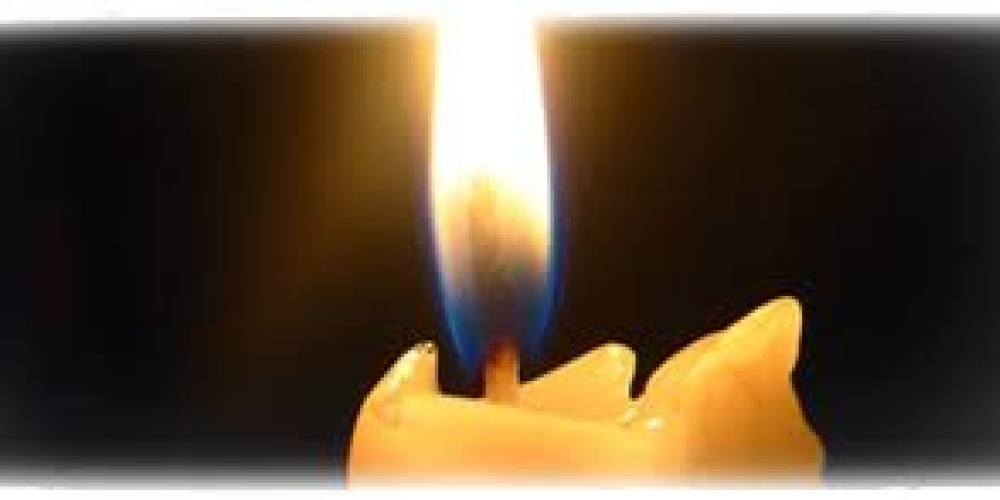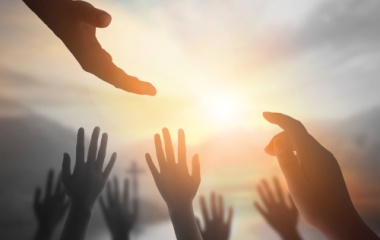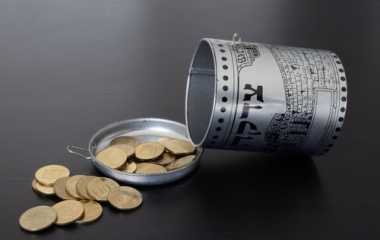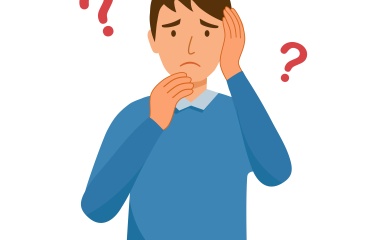
In an age before electricity, having light at night was no simple matter. While various forms of lamps were in use, their effectiveness was limited. Simply put, most people went to bed at nightfall and were up by the crack of dawn. Of course, on Friday night, this was not feasible; and the Talmud spends much of the second chapter of mashechet Shabbat detailing which wicks and oils may and may not be used to kindle the Shabbat (and Chanukah) candles.
Due to fear that one might adjust a light on Shabbat, our sages forbade us from lighting with wicks unless the flame was clear and would not flicker. Apparently, such lighting was not cheap, as the Talmud debates such questions as: which should take priority, Shabbat or Chanukah candles? Wine for kiddush, or Chanukah candles? Doing both was prohibitive for many. No wonder the Talmud makes such a big deal of the various forms of the mitzvah of Chanukah lighting, ranging from one candle per household for each of the eight nights of Chanukah, to our practice of increasing lights both for each day and each member of the household. For us, a few extra candles is no big deal; but for the ancients, this was a luxury few could afford.
Perhaps this also sheds light on the relatively detailed discussion as to whether one may use Chanukah candles for other purposes. Interestingly, the debate on the use of Chanukah candles focuses on whether one "may count money" next to the Chanukah candles. Spending money on lighting would have been a big budget item for many. Shmuel, the third-century Babylonian sage--hearing Rav's ruling that one may not count money--exclaims, "Does the light on Chanukah candles have holiness?!". And while the light itself may not have intrinsic holiness, the Talmud nonetheless concludes that to count money next to the candles would be a bizui mitzva, showing disdain for mitzvoth. Cost-benefit analysis has little place in mitzvah observance.
For those affected by Hurricane Sandy this week, it puts into perspective not only our ultimate frailty (that's a little serious for this particular posting), but how difficult it is to have no electrical lights. Lighting was a difficult challenge before Thomas Edison, and our sages went to great lengths to insist that we do our best to have lights on Shabbat, equating such lights with shalom bayit, peace in the home. They went so far as to assert that "one who regularly lights candles will have scholars for children" (23b). And their efforts worked--lighting of Shabbat (and Chanukah) candles is one of the most widely observed mitzvoth, despite the fact that the original impetus for the mitzvah--to ensure a well-lit home--is something we have in any event. We actually have managed to imbue our lights with "holiness".



